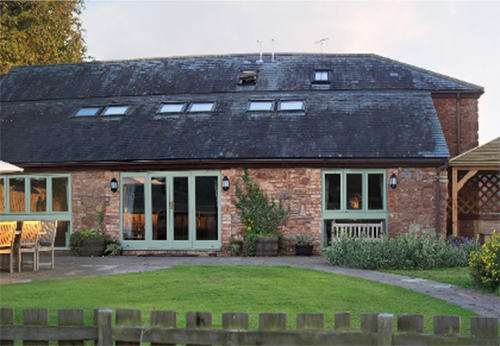
In order to qualify as FHL your property must be:
- Furnished
- Commercially let with the intention to make a profit (if you let the property out of season to cover costs but did not actually make a profit then the letting will still be treated as commercial)
In addition, the property will only qualify if it passes all three occupancy conditions (for continuing lets apply the rules for the tax year, for new lets for the first 12 months and when letting stops apply for the final 12 months):
- Pattern of occupation – if any lets of > 31 continuous days and the total of these long lets is > 155 days then it is not a FHL;
- Availability – your property must be available for letting as a FHL for at least 210 days in the year (excluding any days when you are staying in the property);
- Letting – you must let the property commercially as a FHL to the public for at least 105 days in the tax year. If you don’t reach the 105 day target we may be able to make an election to secure FHL treatment for a bit longer. However, if we cannot make such an election then the property will cease to qualify as FHL.
The benefits of FHL treatment are:
- CGT reliefs (Business Asset Rollover Relief, Entrepreneurs’ Relief, relief for gifts of business assets)
- Capital allowances for items such as furniture, equipment and fixtures.
- Profits count as earnings for pension purposes.
- If a husband and wife jointly own the property then the split of profits can be adjusted to suit the couple’s joint tax position.
- If you are meeting the occupancy conditions then your property will be subject to Business Rates as opposed to Council tax but you should be able to claim Small business rate relief which, depending on your location, could be up to 100%.
One potential disadvantage to FHL status is that, as you are deemed to be trading, if your turnover from all of your FHL properties combined exceeds the VAT threshold, currently £85,000, then you will need to become VAT registered and MTD compliant. £85,000 turnover represents a weekly charge in excess of £1,500 based on letting for 52 weeks of the year. But bear in mind that if the FHL is trading in the same ownership as another VAT registered business (sole trade or partnership) then it is likely to fall under the same VAT registration and will therefore already be needing to declare output VAT on rental income.
If your property ceases to qualify as FHL, then these special treatments no longer apply and you will need to carry out capital allowance calculations as if you had disposed of the assets and bear in mind that the beneficial CGT treatments will no longer apply.
If you are uncertain about how the rules apply to you, please call us.
Jenny Rowe
February 2020
More News